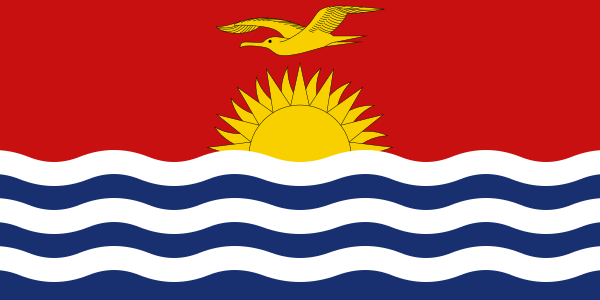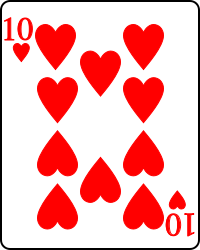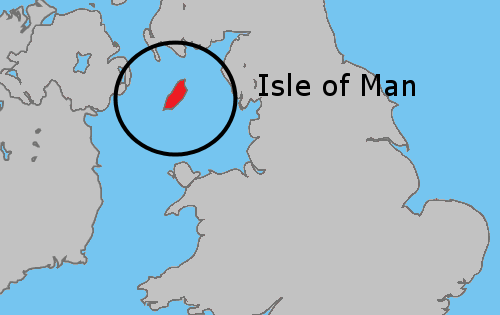But did she want to? I hear you very reasonably ask.
Well, as, unwittingly unkindly, we'd asked her to stay in Hemel Hempstead, in Hertfordshire and then taken her on a trip to Hatfield House, the answer is, yes, she did, rather often, because a voiceless pharyngeal fricative is the panting sound usually written in English as H or h.
The sound occurs in all sorts of languages - Chechen, Arabic, Sioux, Somali, Hebrew, Spanish - though not, obviously, in French.
The letter H seems to have started off as a hieroglyph that looked something like two ladders placed sideways on top of each other, but by the time the symbol had been adopted by the people who spoke Old Semitic it looked like a rectangular buckle and sounded just like our English H does today.
By the time the Etruscans had got hold of it, in what is now Italy, it was looking as it does now, H, and it was in this form that the Romans took it over and passed it on, though not directly, to us.
How do you say its name? The Romans called it, pleasingly, aha, but nowadays it's said aitch. If you're are born since 1982 there's a 24% chance you'll say haitch - though, oh, I do wish you wouldn't.
But back to our poor French exchange student. She had some excuse for her difficulty. French has two kinds of H at the beginning of words, the H muet, or mute, and the H aspiré, or aspirated (which means it makes a sound).
The odd thing is that the French H aspiré isn't actually...aspirated. Both H s are completely silent, though the French do pretend that you can hear the H aspiré. For instance, most French words beginning with an H are treated as if the H isn't there. For instance, l'homme, which means the man, is said lomm, and as you can see the word le has been changed to l' to make it easier to speak at the speed of sound, which is something French speakers like to do.
But some words, like homard, which means lobster, doesn't have a l'. It's always le homard, never l'homard. Because, as I said, French pretends the H, an H aspiré is pronounced, even though it isn't. Le hasard, the chance, is another example.
Actually, I think that's quite neat.
Word To Use Today: aitch. There are a few reasons why you might start this word with a voiceless pharyngeal fricative, mostly to do with ignorance fashion, and fear, but personally I won't buy any product advertised if one is used.
Ironically, an italic lowercase version of the unstable h is the symbol of Planck's constant.





















